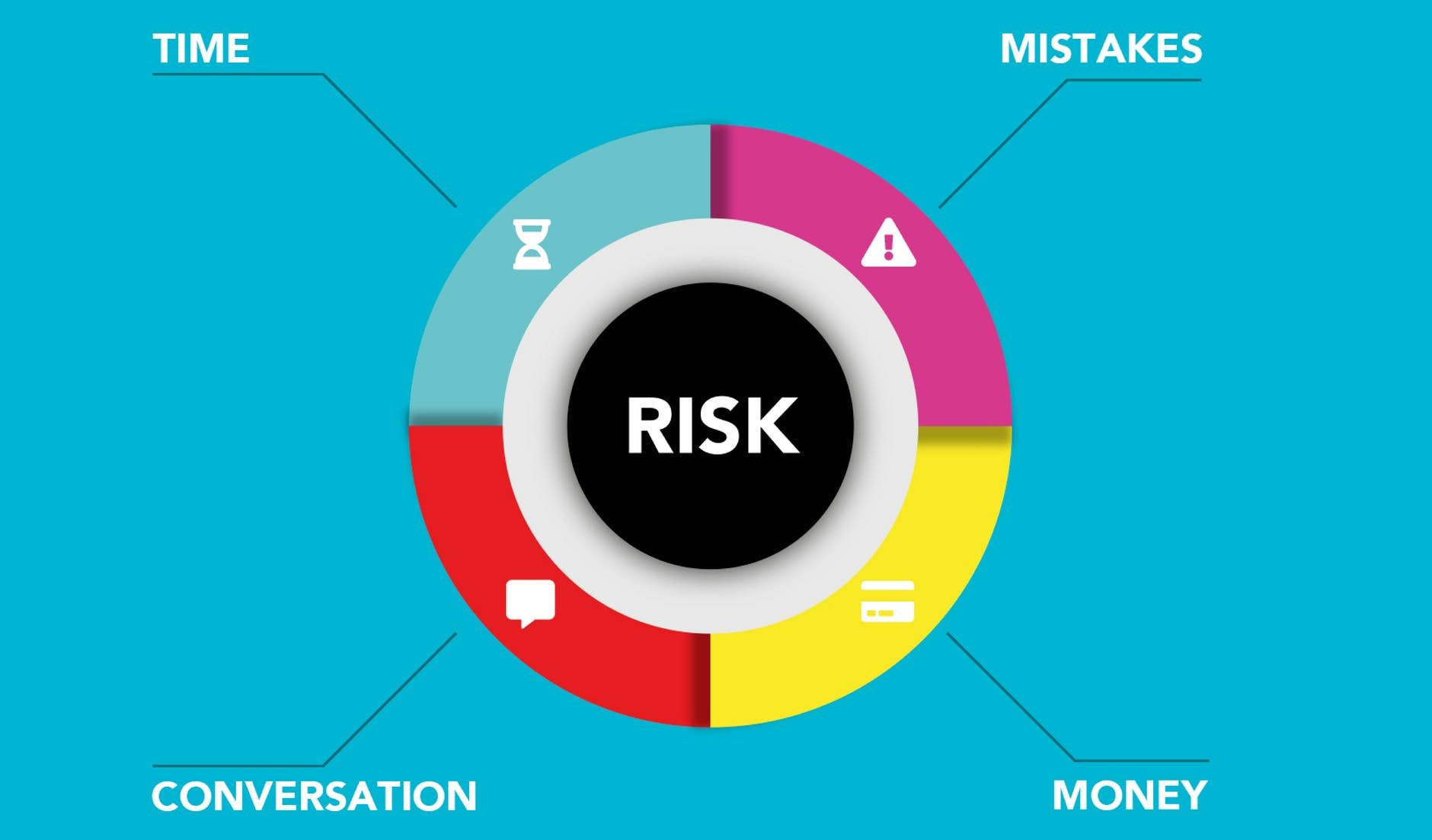The 'Triple A' of Financial Literacy
Gabor Balint • 1 June 2020
What exactly do I mean when I talk about Financial Literacy? Well, very often, it is you and your decesions.

As you know, I usually try to relate my blogs to some events, interactions or experiences. So it was a bit of a blessing in disguise to observe an argument recently where it seems the only constant was how two things got conflated: the actual facts of the matter and moral judgements made about them. This made it impossible to have a rational conversation about the issues in a way that recognises complexity (if you read my previous blogs you know how I generally don’t believe things can be distilled into simplistic explanations) and allows for reality to be observed, even if it’s flawed and seemingly offering contradictory indications. In addition, Mrs B mentioned after reading some of my blogs that, good though they are, I still have not actually said what financial literacy is?!?! So it seems this is the perfect time to introduce my take on these things, if only to avoid anyone conflating anything on this topic in the future :-)
For those clamouring after a simplistic definition and a small number of characters, I can grudgingly provide my definition that I consider financial literacy the display of certain ‘Awareness’, ‘Attitudes’ and ‘Application of skills and knowledge’ when it comes to personal decisions that have a monetary consequence. This is my ‘Triple A’, liberally borrowed from major credit rating agencies. Depending on whether you look for explanations primarily outside or inside yourself when things happen, you might find this either impenetrable tosh or empowering confirmation that you actually have a lot of opportunity and control over the financial outcomes you encounter throughout your life. Let me take my Triple As in order.
In terms of awareness, my point is that it’s best to acknowledge that life and things around us are not perfect and we can - and have the ability to - decide to act in a variety of ways. We carry certain behaviours and traits that we inherited from our parents both genetically and through upbringing. When we become adults, being aware of our heritage, how and what we do and how we choose to engage with the world is the same whether we deal with work, friends, family and anything resulting in a financial impact. You could be on a wide spectrum of awareness and your behaviour may vary from time to time. But if you are able to have a conscious view of what and why you are doing and are able to raise your gaze beyond the immediate, you develop your awareness in a way that will help you make better decisions. These, in turn, will have a positive impact on accepting money for what it is: the outcome of your personal choices, something that you control as opposed to the other way round.
When it comes to attitudes, this should be simpler to explain and understand. You instinctively know the right attitude, partially through your upbringing, partially through the framework of law and partially through your desire to make your life better. Let me illustrate this with a short example and I can guarantee most of you will immediately understand the right attitudes. Suppose there were two people, starting out a career, pretty even at the outset in terms of their (lack of) wealth. Both go into well-paid finance jobs and you re-visit them after a good, long stint of c. 25 years to see where they ended up. One of them has several homes, investments, virtually no debt, a family still intact. The other has no penny to their name, several failed relationships and ventures, living with a friend who has kindly taken them in. One of these people had a long-term plan for life, made sure they always tried to save whatever their level of income was, made considered decisions on borrowing for the right things at the right time, lived and enjoyed life within their means and bent over backwards to avoid catastrophes that inevitably arise over such a long-period, such as divorce, excess consumption compensating for the long hours, spending on vanity items, taking disproportionate risks and giving into peer pressure. It might be redundant to state what the other person has done (or not done) over the same time period – you see what I mean when I talk about attitudes?
Finally, the easiest one in my view: the application of skill and knowledge, i.e. the practical aspects of budgeting, savings, spending, borrowing, understanding financial products, risks and the underlying maths. This is often presented as either financial literacy itself or what financial literacy is based on. I couldn’t disagree more. Important and essential though they are, without someone displaying the right awareness and attitudes, see what happens; I outlined it in my example in the previous paragraph. Financial literacy is based a lot more on awareness and attitudes than it is on the application of skills and knowledge. Sadly and surprisingly, it is often the case that people with high levels of skill and knowledge make some of the most disastrous decisions because they have the wrong attitudes or are simply unaware of reality and substitute it with their own often moral projection of how they think it should be. Never a good recipe for any decision, let alone one with financial consequences.
So there we are, somewhat longer than usual – and I thank you for reading if you made it so far – but there is no ‘cookie-cutter’ answer to what financial literacy is. You need to develop yours and my observation is that the more of this ‘Triple A’ you display, the better your decisions and the more financially literate you are. It is the framework and the process that enables you to develop a healthy relationship with money. Let’s leave the cookie cutter to its intended purpose of dishing out some delicious dessert. In a strictly proportionate manner amongst you, of course, applying skills and knowledge :-)









